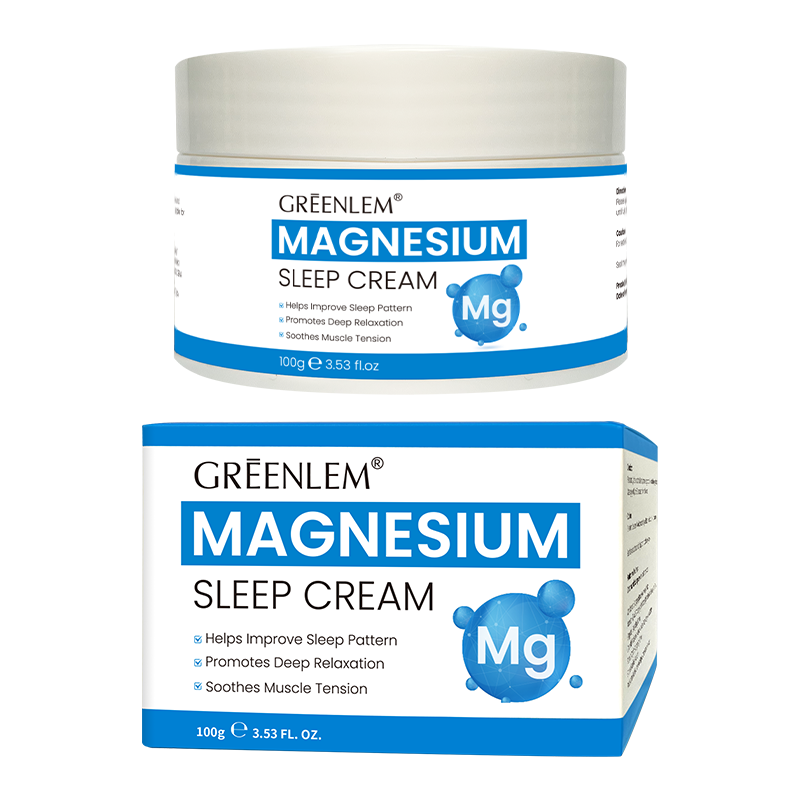When it comes to understanding the cosmetics production process and quality control, many people may misunderstand the complexity and rigor behind it. Below, we will address some common misconceptions to help you better understand the key points of cosmetics production and quality control.

The cosmetics production process is not arbitrary but rather a systematic and standardized process. Generally speaking, the entire process can be divided into the following key steps: raw material procurement, formula development, production and manufacturing, quality testing, packaging, and storage.
During the raw material procurement stage, cosmetics manufacturers must select qualified suppliers and ensure that all raw materials comply with national standards and industry regulations. The quality of raw materials directly affects the final effect of cosmetics, so cosmetics manufacturers typically conduct rigorous audits of suppliers, including assessments of their production processes and quality management systems.
Next comes formula development. The R&D team continuously adjusts and optimizes the cosmetics formula based on market demand and consumer feedback. This process requires consideration of multiple factors, including the characteristics of the raw materials, safety, stability, and efficacy. After development is complete, the formula undergoes small-batch testing to verify its performance in actual use.
The manufacturing stage is the core of cosmetics production. During this stage, cosmetics manufacturers typically employ advanced production equipment and technology to ensure product consistency and stability. During the production process, strict adherence to operational specifications is crucial, ensuring that every step meets standards. Environmental cleanliness is also crucial, with production workshops requiring regular cleaning and maintenance to prevent any contamination.
Quality testing is an integral part of the cosmetics production process. Cosmetics manufacturers establish dedicated quality control departments responsible for rigorously testing each batch of products. These tests include appearance, odor, pH, and microbial counts to ensure that products meet relevant standards before release. Only after passing all tests can products enter the packaging stage.
During the packaging process, cosmetics manufacturers must ensure the safety and suitability of packaging materials. Cosmetics packaging must not only be aesthetically pleasing but also, more importantly, prevent contamination or deterioration during transportation and storage. Many manufacturers select materials that meet food-grade standards and incorporate strategic packaging design to extend the product's shelf life.
During storage, cosmetics must be stored in a suitable environment to maintain their desired appearance. Manufacturers typically implement temperature and humidity monitoring systems to ensure that warehouse conditions meet product storage requirements. Regularly check inventory to ensure there are no expired or spoiled products.
In addition to the above steps, cosmetics manufacturers also need to adhere to a comprehensive quality management system. This includes establishing standard operating procedures, conducting regular internal audits, and training employees. Through these measures, manufacturers can ensure that every step of the production process meets quality standards, thereby improving overall product quality.
With consumers increasingly concerned about safety and environmental protection, cosmetics manufacturers are constantly improving their quality control capabilities. More and more companies are adopting stricter raw material screening standards and promoting green production concepts to meet market demand for high-quality and sustainable products.
Overall, the cosmetics production process and quality control are complex and rigorous. Through strict raw material control, scientific formulation development, meticulous production process management, and excellent quality testing, cosmetics manufacturers can ensure that every product consumers use is safe and reliable. Understanding these processes and key control points not only helps consumers make informed cosmetics choices but also strengthens their confidence in product quality. I hope this article will provide you with a deeper understanding of cosmetics production and quality control.

